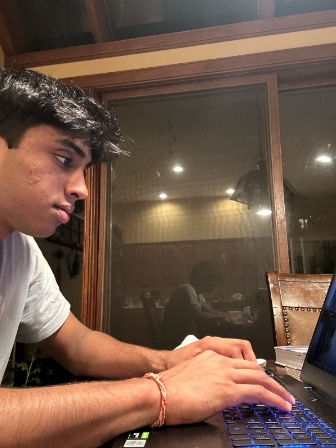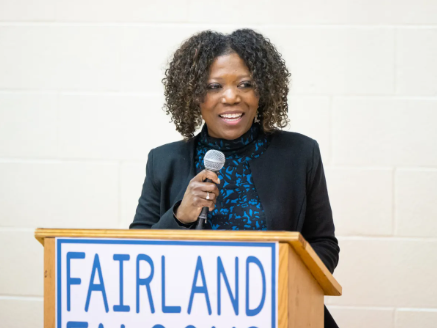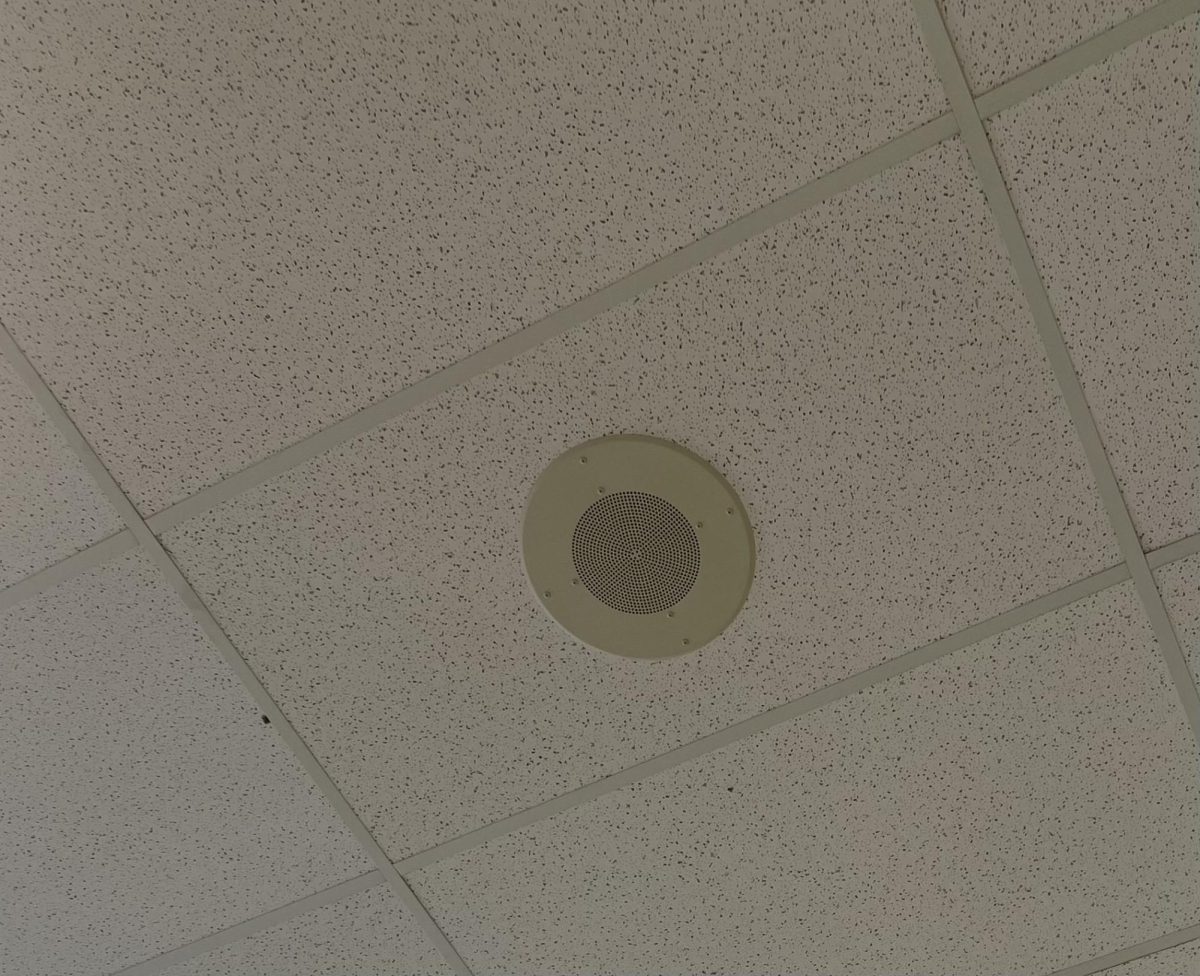Hanging out late with friends, going for midnight strolls or going to the gym in the early morning may seem like fairly typical teenage activities, but if the Montgomery County curfew bill is passed, CHS students may soon not be able to do any of them.
The Montgomery County Council is currently debating a curfew that was proposed by County Executive Isiah Leggett and plans to vote on it this October. The curfew would last from 11 p.m. to 5 a.m. but would exclude minors who participate in school, religious, extracurricular or work-related activities, minors who are accompanied by parents, and minors who attend sporting events, run errands, respond to emergencies, travel or protest.
According to a Sept. 15 Gazette article, the curfew would not apply to Gaithersburg, Garrett Park, Kensington, Laytonsville, Poolesville, Rockville, Somerset and Washington Grove—those municipalities would have to implement separate curfew laws.
“Police officers understand that the purpose of this is not to stop every kid under 18,” said Patrick Lacefield, public information director for Montgomery County.
“A police officer is not likely to just go looking for people who are out late, but in situations where there is something going on, this gives the police officer another tool to use.”
According to Lacefield, the curfew was proposed as a result of late night teenage gang violence in Silver Spring July 4. Other teen crimes this summer fueled support for the curfew.
“What we have here with the curfew isn’t going to solve all the problems of juvenile crime, but it’s going to give the police all the tools they need to deal with people who are out late at night,” Lacefield said.
According to the Gazette article, only 24 percent of youth arrests in 2010 were made between midnight and 5 a.m. Nevertheless, after a flash mob which included 14 minors robbed a 7-Eleven in Germantown at 1:30 a.m. Aug. 13, a curfew was considered as a potential solution to problems like this.
According to Lacefield, under the curfew, in the case that a police officer asks a minor to go home and he or she refuses, the police officer will be able to give the minor a citation. Under state law, the police officer will then be authorized to take the minor into custody.
However, Montgomery County Councilmember Roger Berliner (D-Potomac-Bethesda) is skeptical about the effectiveness of the proposed curfew at preventing flash mobs and similar incidents.
“I am concerned that it is not tailored to the particular threat posed by flash mobs,” Berliner said. “I feel it is too broad and inclusive when it should be narrow and tailored to that particular threat.”
While anti-loitering laws might seem to make a curfew redundant, according to Lacefield, Montgomery County anti-loitering laws only cover the blocking of entrances.
Despite this, according to Lou D’Ovidio, senior advisor to Berliner, Berliner is currently examining state and county loitering laws to see if they could they could be used to help quell crowds. Current state law prohibits citizens from disobeying orders that police officers make to maintain public peace.
“Curfews are not particularly effective, and it obviously does infringe upon both parents and law-abiding teenagers,” Berliner said. “I’m concerned that the combination of all the exceptions and the difficulty of enforcing it will make it even less effective as a tool to keep our community safe.”
Students also doubt the effectiveness of a curfew. Junior Christina Lee comes home late from friends’ houses and goes to the gym in the early morning, and does not support the curfew because it would prohibit her from doing these things.
“Adults tell us we need more responsibilities, but if they don’t give us basic things, they don’t trust us,” Lee said.
Berliner would like to consider alternatives to the curfew before implementing a final policy.
“My interest is in exploring what all our options are before we settle on this particular one,” Berliner said. “It’s not clear to me that this is what we ought to be doing.”
Lacefield, however, believes that a curfew would help protect young people.
“If you’re coming to hang out at one in the morning, it’s not going to do you or anybody else any good,” Lacefield said.
Students who wish to voice their opinions on the curfew can attend a town hall meeting for students Oct. 12 at 7 p.m. at Rockville City Hall.
Revised 9/28/2011







